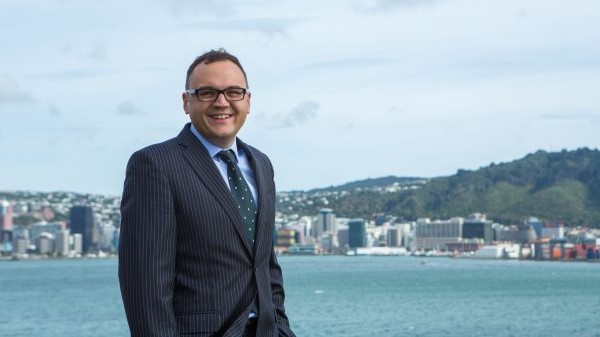Eased Covid restrictions a ‘massive relief’ – but pressures remain

The lifting of Covid restrictions after two and a half years is a massive relief for the road transport industry. The industry is used to having curve balls thrown its way, and I think it has done itself and the New Zealand public tremendously proud in the way it has continued to deliver for New Zealand, despite lockdowns and significant supply chain challenges.
Now we are getting back to a sort of normality but, of course, things are different in our economy and the world generally. While there isn’t the same requirement to wear masks or the same barriers to doing business, Covid is still out there. Some businesses will probably still require measures like sanitising hands and wearing masks. So, while I think dropping restrictions is sensible and there will be a collective sigh of relief in the country (we’re following what other countries did some time ago), we still have to keep ourselves safe, and businesses and the public are now able to make appropriate decisions for themselves.
Transporting New Zealand has done two surveys on wellness and the mental health impact of Covid on road transport operators. They show that stress and anxiety are the biggest challenges for operators as a result of the economic turmoil the world is facing, such as high inflation and high international fuel prices. That was an important signal that we have raised on behalf of the industry publicly and to government. About 60% of drivers have really felt the pressures of Covid and say it has affected their mental health negatively. We should be listening to that, because this is evidence of the very “long tail” of Covid. Lockdowns were stressful, and all the health challenges, requirements, and red tape were challenging for people and business alike. High inflation and massive increases in the cost of living, a shattered supply chain in parts of the world, and other challenges are going to be with us for some time to come. As employers the industry must be really sensitive to its people and support them through these stressful times. More on this in a couple of weeks.
Some more welcome news this week is confirmation that Interislander will buy the Cook Strait ferry Valentine, which until now it has been leasing. While Valentine hasn’t been an ideal freight ship for the trucking industry, having that additional capacity will provide some assurance for transport operators. We see the Cook Strait as an extension of SH1 and believe it should connect the North and South islands as seamlessly, quickly, and safely as possible. Thank goodness we have the Strait shipping service as well, because without that there would be real chaos. We get regular feedback on difficulties with securing spots on the boats from transport operators, and we will continue to advocate on their behalf. Larger, rail-enabled ferries are due to be in service in 2025, and these should improve the ability for freight to move across the Cook Strait.
Future technology will be discussed at The Road Ahead conference, coming up in Invercargill on September 28. It’s the first conference we will have had for three years and will take place in one of the hearts of road transport, Southland. Speakers will include economist Cameron Bagrie, Transport Minister Michael Wood, technology innovator Sir Ian Taylor, Waka Kotahi chief executive Nicole Rosie. There will be a strong contingent from the agency’s roading and highways team. It’s a good chance to find out what’s going on, chat to industry leaders, and let them know your views, along with experiencing some Southern hospitality. I encourage everyone to come along – places are still available.
To book, see: https://conference.transporting.nz
By Nick Leggett, chief executive Ia Ara Aotearoa Transporting New Zealand





